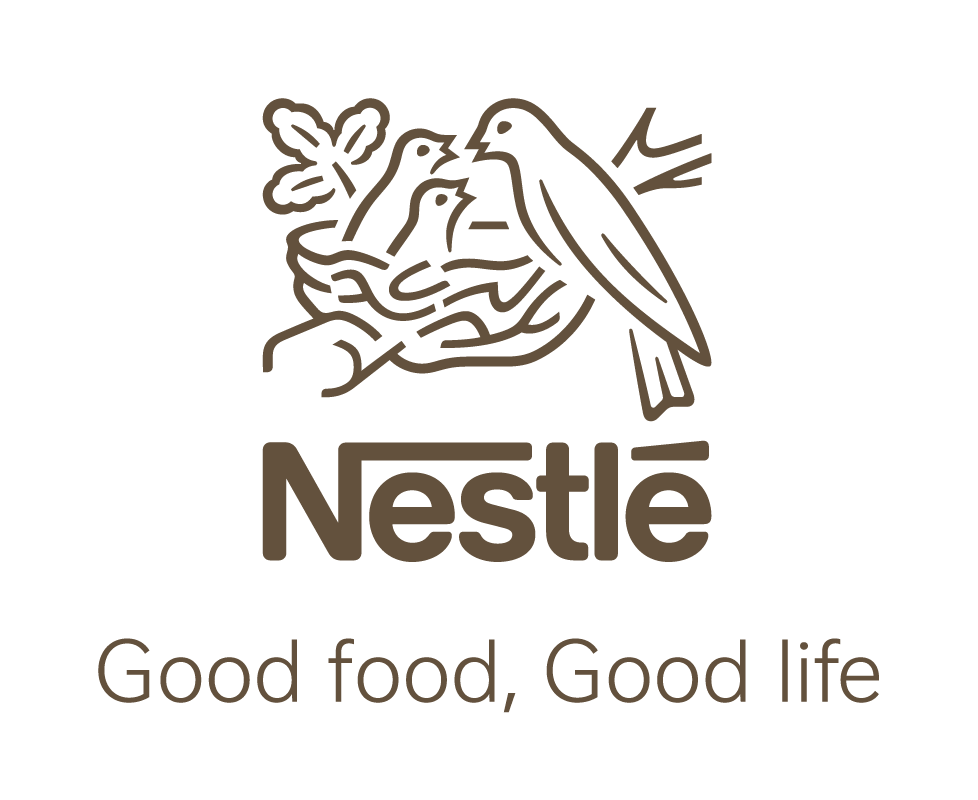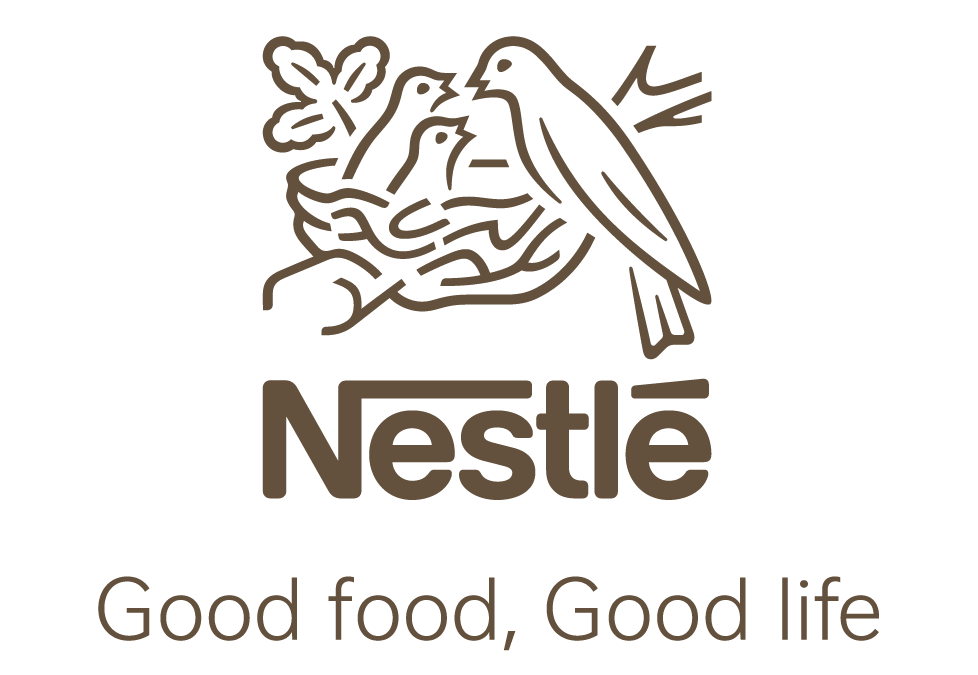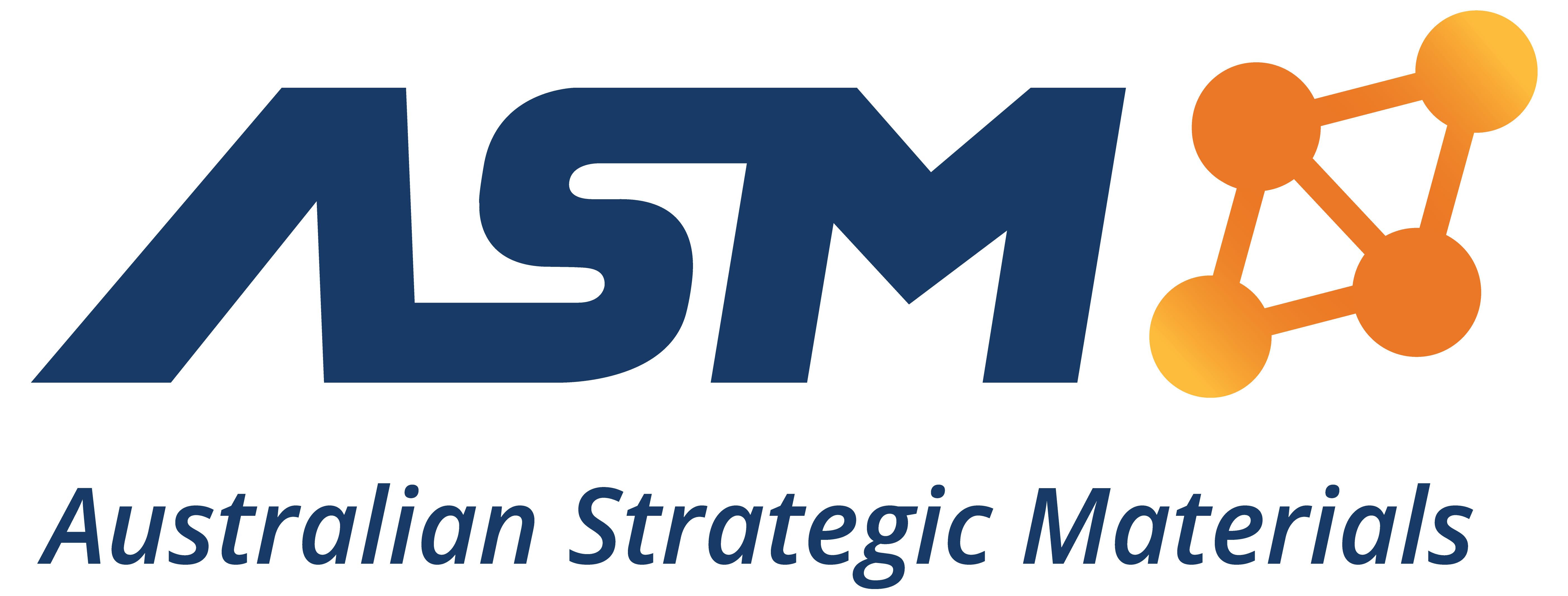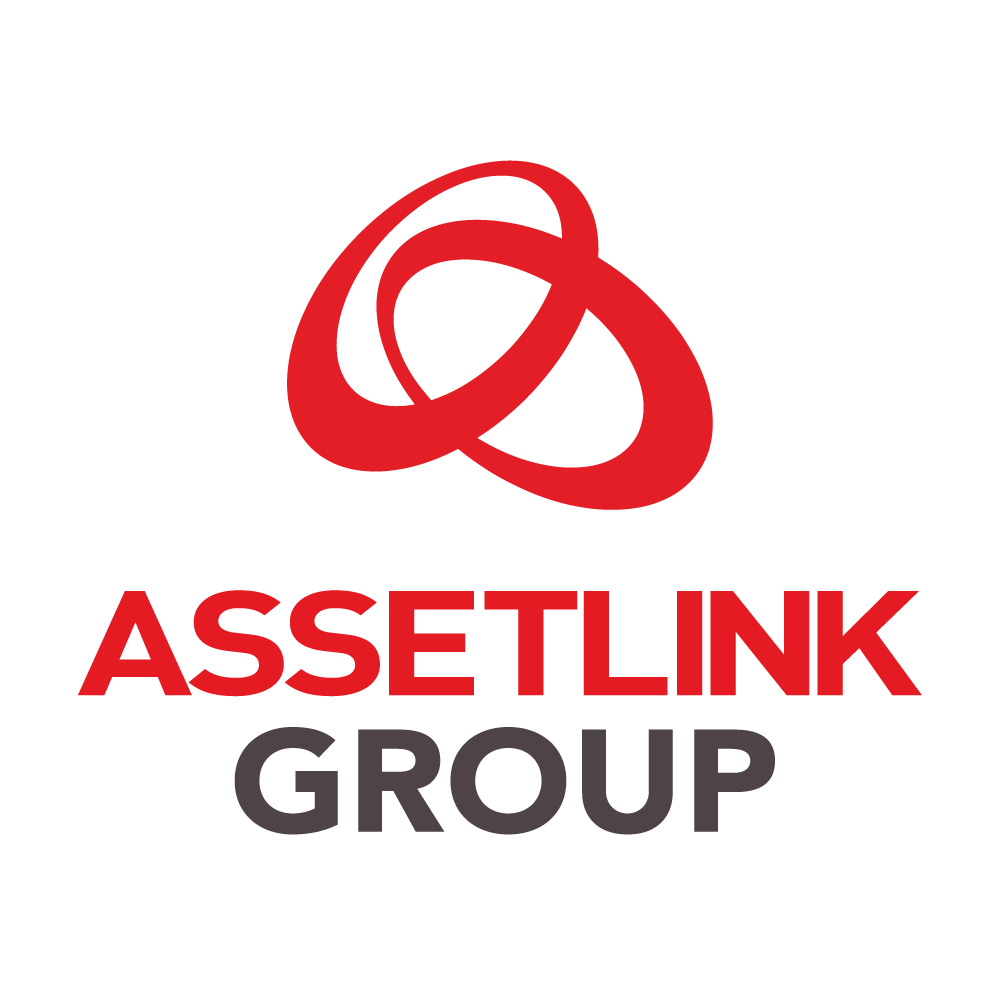As the world’s leading nutrition, health and wellness company, our mission at Nestlé is to provide consumers with the best tasting, most nutritious food and beverage choices for all stages of life.
Since Henri Nestlé first developed his successful infant cereal “Farine Lactée”, 140 years ago we have built our business on the conviction that to have long-term success for our shareholders, we not only have to comply with all applicable legal requirements and ensure that all our activities are sustainable, but additionally we have to create significant value for society. At Nestlé we call this Creating Shared Value.
Creating Shared Value begins with the understanding that for our business to prosper over the long term, the communities we serve must also prosper. It explains how businesses can create competitive advantage, which in turn will deliver better returns for shareholders, through actions that substantially address a social or environmental challenge. As a company, we are best positioned to create shared value in three areas: nutrition, water and rural development.
Our corporate business principles incorporate the United Nations Global Compact Principles on human rights, labour, the environment and corruption. We are also an active member of several of the UNGC’s Working groups and initiatives including LEAD, the platform for companies with a history of engagement with the UN Global Compact.
Our recent achievements
- Nestlé was rated in first place by Oxfam in its 2013 scorecard, Behind the Brands. The survey scored 10 food and beverage companies on their efforts to improve food security.
- Nestlé is included in the FTSE4Good which measures the performance of companies that meet globally recognised corporate responsibility standards.
- We are signatories to the Women’s Empowerment principles, a partnership of UN Women and the UN Global Compact.
- Nestlé achieved top ranking in the Dow Jones Sustainability Index among food manufacturers, with a score double the industry average.
- In December 2013 we were the first major company to publish a paper on our human rights impact in seven countries in the developing world and the actions we are taking to address them.
Case Study: Saving water through improving factory processes






